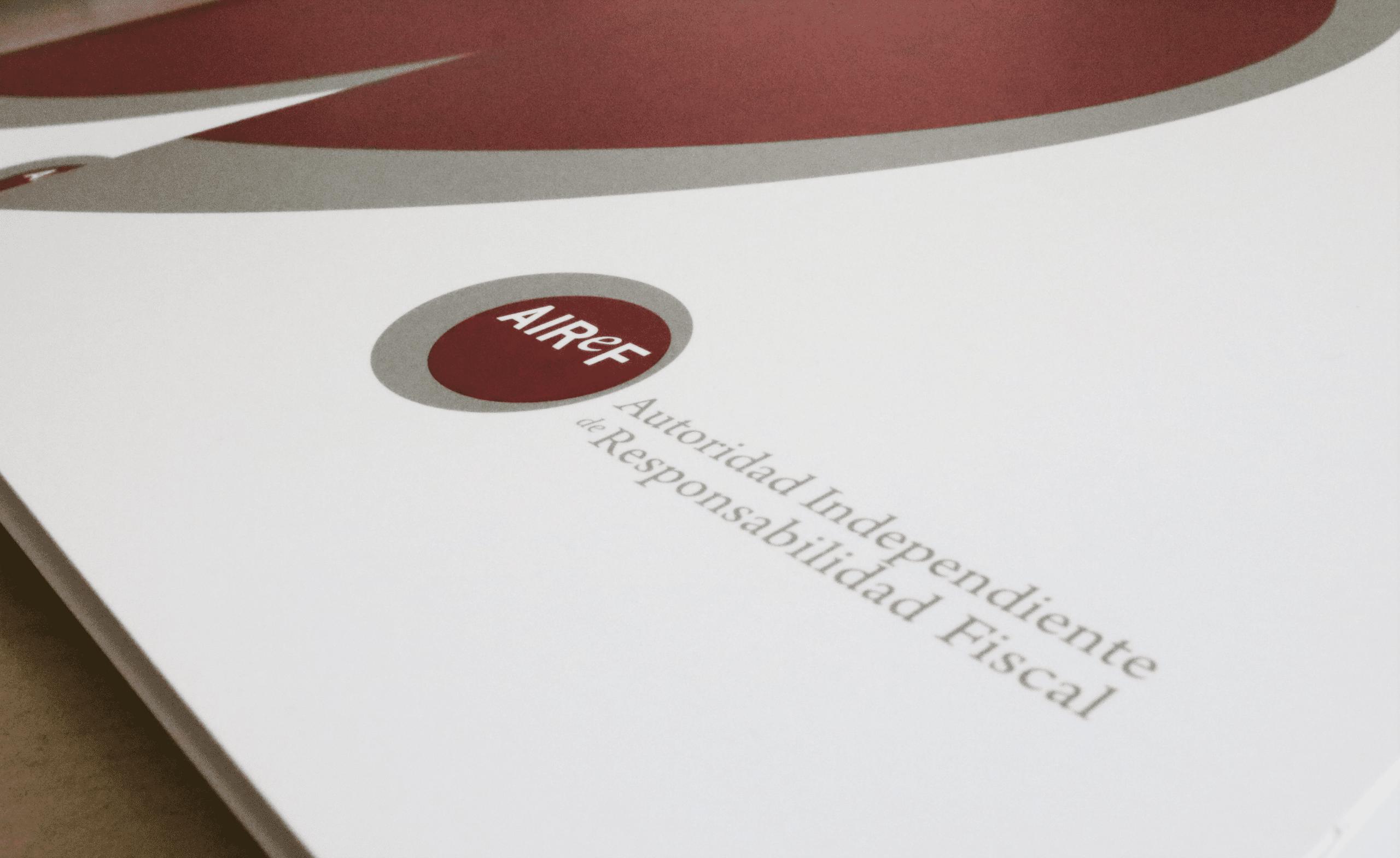
The Independent Authority for Fiscal Responsibility (AIReF) reports that it has postponed the issuing of reports that should have been published in the coming weeks, according to the calendar set out in Law 6/2013, of 14 November, creating AIReF, following today’s agreement of its Management Committee, which met via a video call, headed by the institution’s president, Cristina Herrero.
AIReF considers that, in the current context, the estimation of a baseline scenario with which to evaluate the official macroeconomic forecasts and the feasibility of the Public Administrations complying with the fiscal targets set for them by the Government would be a mere formality, so often denounced by this institution, given the high uncertainty associated with the current health crisis, whose scope and duration cannot yet be determined.
The profound impact that the health crisis caused by COVID-19 will have on the Spanish and world economies and its undoubted negative on public accounts means that budgetary policy will become a basic tool at the service of society, and its evaluation by fiscal supervisors, such as AIReF, must adapt to this new reality.
Accordingly, the European institutions have announced the application of the flexibility provided for in the Stability and Growth Pact and given priority to short-term needs.
In addition, our national legislation also envisages a particular procedure for implementing fiscal rules in situations of extraordinary emergency that are beyond the Public Administrations’ control.
In this context of great uncertainty, AIReF remains attentive to all these possibilities, in an essential exercise of realism and rigour:
- Realism, so as not to produce reports that are obsolete because of the events themselves. Existing uncertainties about the extent and duration of the health crisis need to be addressed before the macroeconomic and fiscal situation can be evaluated. Any statement at this time would only add “noise” in a moment that requires reflection and responsible decision-making.
- Rigour in analysis, to allow the design, when circumstances permit, of a medium-term strategy based on a path of convergence aimed at enhancing economic recovery, but without losing sight of the sustainability of public finances.
AIReF will carry out the corresponding short- and medium-term analyses once the uncertainty associated with the immediacy of the still uncertain needs arising from the health crisis is dispelled.
In any case, AIReF wishes to emphasise that it is maintaining its regular activity and that, last week, it allowed its entire team to work remotely for this purpose. In particular, the institution has already approved the monitoring of the recommendations made in the fourth quarter and published in the 2020 Action Plan and continues working on the “Spending Review”, committed to in the 2017-2020 Stability Programme Update, and in the studies commissioned by various Regions to assess the effectiveness and efficiency of their expenditure. In addition, the economic and fiscal situation is being closely monitored, along with the measures adopted by the government. To this end, AIReF is in contact with the different public administrations in order to assess the impact of COVID-19 on government expenditure and revenue, as well as the impact of the economic and social support measures approved by the governments.






